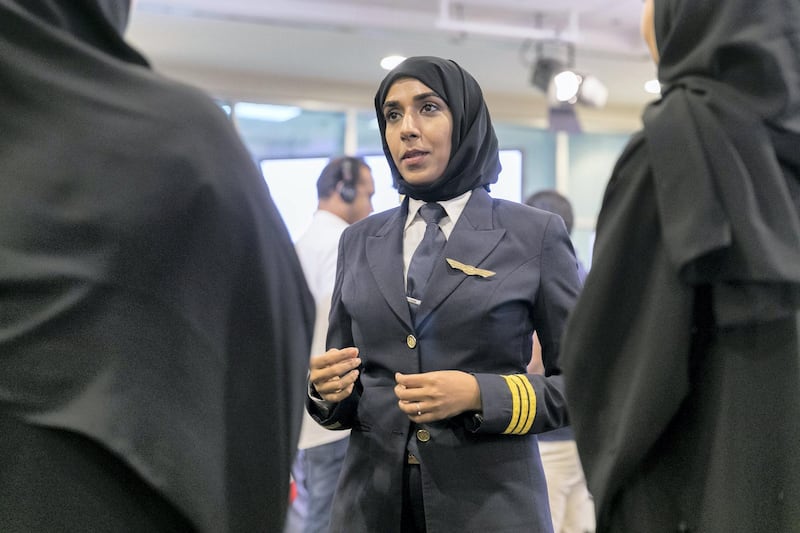In 2017 Sheikh Abdullah bin Zayed, Minister for Foreign Affairs and International Cooperation, declared that the age of “comfortable” government jobs was coming to an end. But the minister went on to frame that challenge as an opportunity – an opportunity to compete with the world. A key component of the UAE’s Vision 2021 is building a diversified economy, one based around robust, competitive and innovative new sectors.
But building a diversified economy requires more than just increasing national employment within the private sector. With the advent of artificial intelligence and the fourth industrial revolution, the very nature of jobs and markets are changing and the key challenge now facing the education system is equipping young people with the necessary skills today to succeed in tomorrow's jobs. So building a diversified economy becomes a function of developing a capable, creative and competitive young Emirati workforce that is future-ready and equipped with the right sets of skills.
Right now, that workforce is still small. This sentiment was echoed earlier this month when Sheikha Lubna Al Qasimi, one of the UAE’s most prominent political figures and president of Zayed University, commented that there are still too many majors in universities and schools that are not suitable for future jobs. Both business leaders and major UAE employers agree.
In a study that we published this month titled Future Skills: Supporting the UAE’s Future Workforce, we have summarised the views of several high-level business leaders and major employers of Emirati youth on the current state of youth talent and the jobs market. The feedback they gave was clear: Emirati youth currently do not possess the necessary skills to succeed in jobs of the future. The same questions are being asked currently in the UK, where many policymakers also feel that the UK is a long way from being artificial intelligence-savvy. This is a shared challenge and one where we can learn a lot from each other.
Our research showed that many Emirati youth still prefer to pursue "safe" business and finance degrees (seen as preparation for government jobs or well-paying finance jobs). The problem is that most of these jobs won’t even exist in 15 years or so. The research instead suggests that future jobs belong to young people who possess flexible sets of skills that allow them to move between various sectors with ease. These skills are largely built on a combination of hard knowledge such as Stem and language skills (English and Arabic in particular) and soft skills like creativity, the ability to negotiate, complex problem solving and cognitive flexibility, to name a few. Those possessing the combination of these skill sets will be the ones who can thrive in the future.
If the education system and private sector actors within the UAE can collaborate to help develop a future-ready Emirati workforce now, they will shape the future of work for the next generation so they can compete in a world where 3D printing, AI and machine learning will be routine and where we cannot yet imagine the next set of shockwaves that will impact our economies and societies.
One of the biggest opportunities our research reveals is the need for employers to engage in a regular and open dialogue with educational authorities and institutions. This highlights the need for a holistic and collaborative approach to educational reform, which is a common thread around the world. To achieve this, the UAE must build an ecosystem that connects both parties while promoting innovation and investment in education tech and supporting lifelong education for everyone in the country, regardless of age. Workers will need to constantly update their skill set to respond to the changing environment.
As the UAE continues along a path towards developing a knowledge-based and diversified economy, the task of empowering today’s youth for tomorrow’s world becomes a matter of national priority not only to thrive in the future, but to survive and grow in an increasingly hyper competitive, globalised world.
Gavin Anderson is the director of the British Council in the UAE





